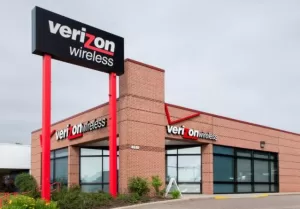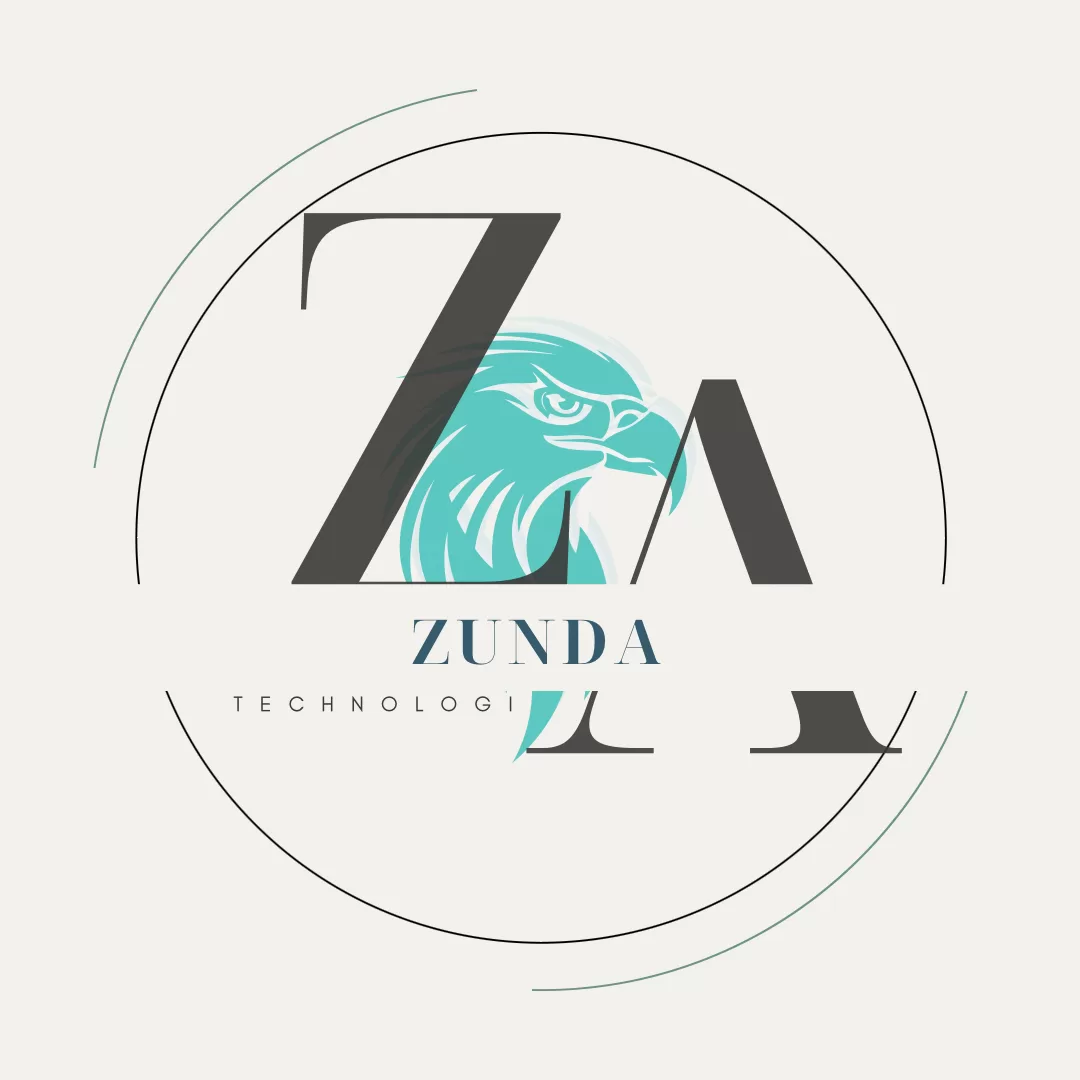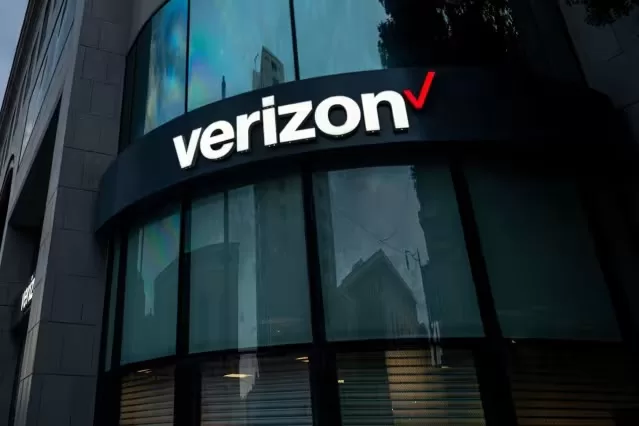Verizon Communications Inc., commonly known as Verizon, is a leading telecommunications company headquartered in New York City. Founded in 1983, Verizon is one of the largest telecommunications companies in the world, providing a wide range of services, including wireless communication, internet services, digital television, and landline telecommunication services. The company has a rich history that dates back to the invention of the telephone by Alexander Graham Bell, one of its founders.
Verizon’s mission is to power and empower how people live, work, and play. The company aims to provide reliable, secure, and fast connectivity through its nationwide 5G and fiber networks. Verizon believes in the transformative power of connectivity and strives to enable everything from smarter homes and cities to high-quality remote healthcare and sophisticated workplace collaboration tools. The company’s vision is to create connections with each other, with what people need to thrive in their everyday lives, and with stories and experiences that matter.
Verizon’s core values include innovation, customer focus, integrity, and collaboration. The company is committed to exceeding customer expectations by providing trustworthy communication channels and related devices. Verizon’s products, such as mobile, internet, networking, cloud, and cybersecurity, are examples of its commitment to innovation and technology. The company also emphasizes the importance of diversity and inclusion, ensuring that all clients have access to entertainment options via its DIRECTV at a budget-friendly rate.

In terms of performance, Verizon has been a dominant player in the U.S. telecommunications market. The company has a significant market presence, with a workforce of approximately 105,000 employees as of 2023. Verizon’s annual revenue for 2023 was $134 billion, with a net income of $12 billion. The company’s stock price has increased by 37.96% in the last 52 weeks, reflecting its strong financial performance.
Verizon’s wireless network is recognized as the largest in North America, covering more than 250 million people with its mid-band 5G spectrum. The company’s fiber network passes more than 27.8 million consumer and business locations, making it America’s fastest internet with the most reliable speeds. Verizon’s FirstNet, America’s first and only purpose-built public safety network, has more than 6 million connections across over 28,000 U.S. agencies and organizations.
Despite its strong performance, Verizon faces competition from other major telecommunications companies such as AT&T and T-Mobile. The company’s market share in postpaid wireless subscribers in the U.S. is 27%, lower than Verizon’s leading 42%. However, Verizon continues to invest in its network infrastructure and expand its product offerings to maintain its competitive edge.
Verizon’s financial efficiency is reflected in its return on equity (ROE) of 8.76% and return on invested capital (ROIC) of 5.88%. The company’s debt-to-equity ratio is 1.25, indicating a moderate level of financial leverage. Verizon’s effective tax rate is 27.22%, and it has paid $3.90 billion in taxes over the past 12 months.

In conclusion, Verizon is a leading telecommunications company with a mission to power and empower how people live, work, and play. The company’s vision, core values, and commitment to innovation have driven its success in the U.S. market. Despite facing competition, Verizon continues to invest in its network infrastructure and expand its product offerings to maintain its competitive edge. With a strong financial performance and a focus on customer satisfaction, Verizon remains a key player in the telecommunications industry.

